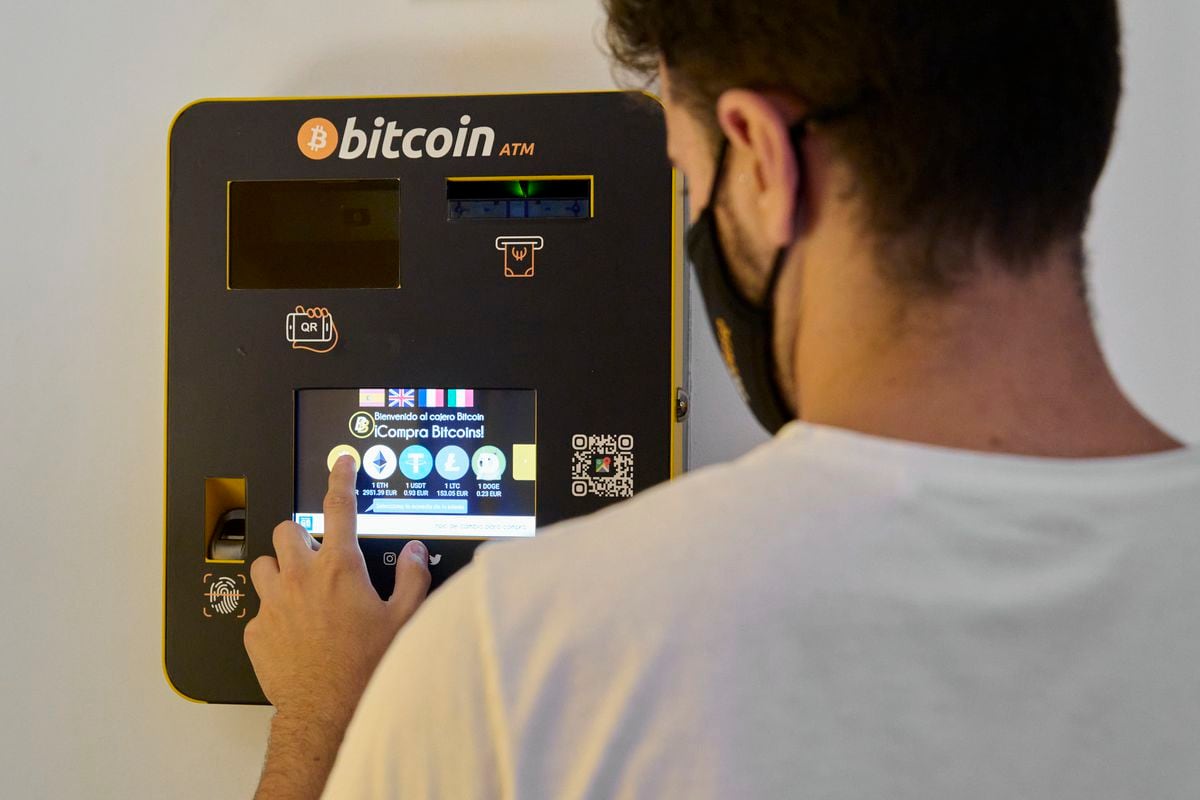Bitcoin has surged by 217%, surpassing all comparable investments in the stock market or fixed income. Nevertheless, the resurgence of interest in the cryptocurrency has sparked a fresh wave of crypto scams and fraudulent activities, leading to a spike in investment losses related to cryptocurrencies amounting to $3.94 billion in 2023, as reported by the FBI. This represents a 53% increase from the previous year, with a grim outlook projected for 2024.
Javier Garcia de la Torre, the director of Binance Spain and Portugal, cautions, “With each price surge, there are corresponding spikes in interest, attracting a higher number of malicious actors seeking to exploit the situation.” He advises the public to remain vigilant against any dubious offers.
Experts highlight that these scams are often tailored to target specific audiences. In Spain, for instance, fraudulent schemes leverage the identities of prominent personalities like Amancio Ortega, the founder of Inditex, which owns renowned fashion brands like Zara. Significant profits are at stake. In the United States, the Better Business Bureau estimates that the average victim of such scams loses $3,800.
There is a growing concern surrounding the proliferation of WhatsApp and Telegram groups, where purported assistants from major investment platforms provide guidance to individuals interested in purchasing cryptocurrencies. While these scams may not be highly sophisticated technically, they can mislead individuals with false information, redirect them to counterfeit platforms, and push them to invest in highly volatile coins. For instance, within these communities, self-proclaimed analysts speculate about Bitcoin’s potential to surpass $100,000 following its next halving event—an automated process that reduces the reward for mining Bitcoin blocks every four years. However, these alleged experts are fictitious, adopting names from the DC universe, such as Robert DuBois, a fictional criminal attempting to eliminate Superman with a kryptonite bullet.
Chainalysis, a consulting firm, alerts about the prevalence of pump and dump schemes, where fraudsters heavily promote a token to inflate its price, only to swiftly sell off their holdings at a profit. In 2023 alone, over 370,000 tokens were introduced on Ethereum, but less than 14% managed to attain more than $300 in liquidity, according to the firm.
Some crypto scams exploit individuals’ emotions. Data from Chainalysis reveals that romance scams have experienced an 85-fold surge in crypto fraud since 2020. Typically initiated on dating apps, scammers invest weeks or months in building trust with their victims before employing various tactics to persuade them to transfer money, such as enticing them to engage in joint crypto investments.
Despite the prevalent crypto fraud, García de la Torre emphasizes that there is a misconception that fraudsters operate freely in the crypto realm, which he refutes by stating, “This technology enables comprehensive record-keeping.” He underscores that only 0.34% of crypto transactions involve illicit activities.
Who wants to be a millionaire?
The uptick in crypto scams notwithstanding, individuals continue to amass wealth from Bitcoin’s remarkable surge. Kaiko Research estimates that Bitcoin’s recent peaks are generating approximately 1,500 new “millionaire wallets” daily. Nevertheless, the consultancy firm notes that this figure falls short of the statistics from 2021 when over 4,000 crypto wallets were exceeding $1 million daily.
The industry anticipates that the recently approved exchange-traded funds (ETFs) in January, initially underestimated by the market, will aid in curbing scams. The expectation is that due to the ease of trading ETFs and their minimal management costs, investors will opt for familiar and secure investment platforms, thereby reducing their exposure to potential scams.
Nonetheless, the success of ETFs also poses challenges. With no other listed securities possessing similar characteristics in the market, any potential confusion in this aspect could pave the way for new crypto scams.

